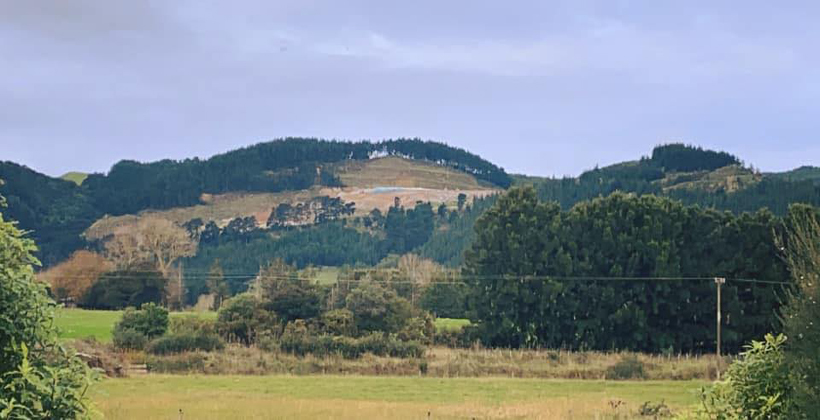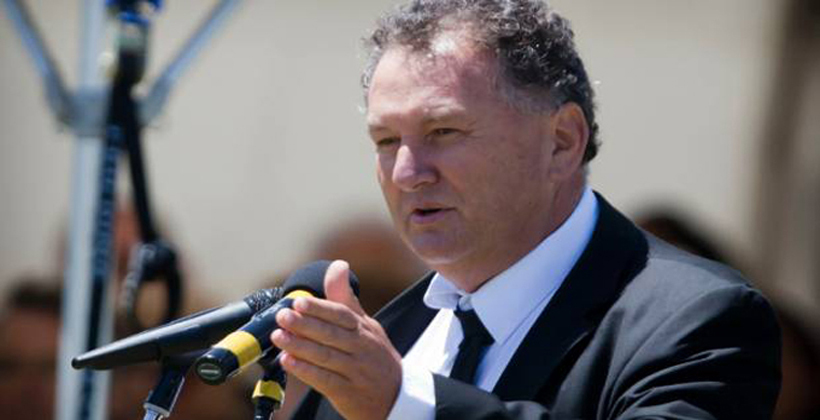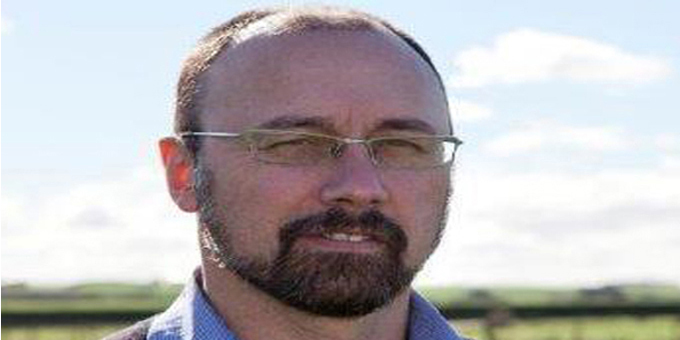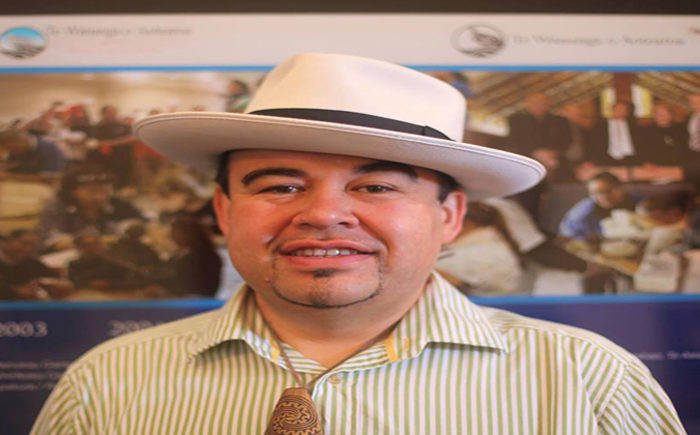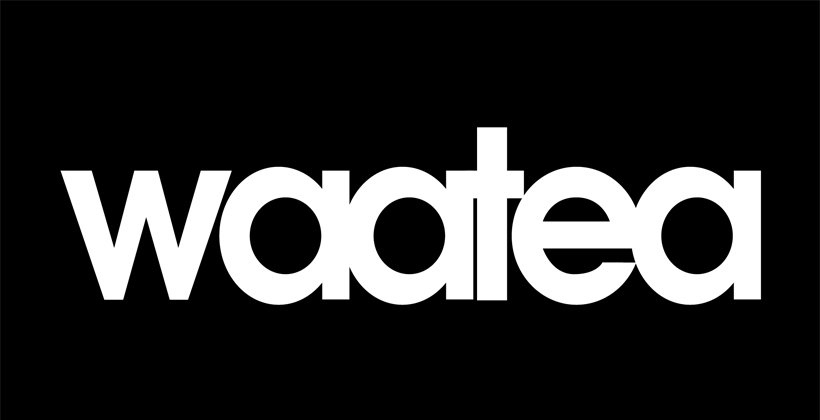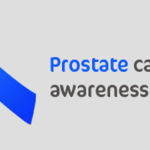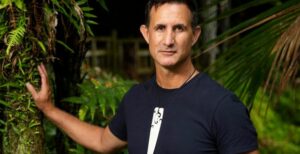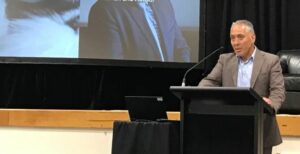October 28, 2021
Service gap adds to Māori prostate woes

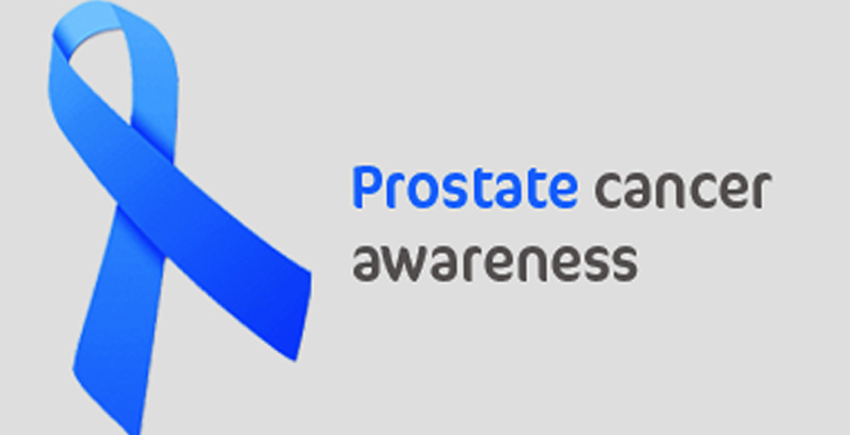
An Auckland health researcher says a lack of communication between health and social services is affecting the treatment of Māori men with prostate cancer.
Māori are less likely to get the cancer but twice as likely to die from it than non-Māori men.
Associate Professor Jacqui Kidd from AUT’s School of Clinical Sciences says the Movember-funded Oranga Tū project was initially going to talk to tāne Māori about barriers and enablers, but quickly found the problem was not with Māori men but the services needed to support them and their whānau when they get treatment.
Researchers talked to more than 50 services across Otago, Taurangamoana and Waikato about where they got referrals for men undergoing treatment and where they sent them to if they couldn’t help.
The result was a map of where services are and how they connect.
“As a result of that we discovered there is a lot of not-connecting happening. So we identified where the gaps are that whānau fall into, that there are services there but for some reason they’re not providing those services where they are needed,” Dr Kidd says.
Dr Kidd says competitive funding models have created a lack of whanaungatanga between services, so they don’t know where to refer people for help they can’t provide.

